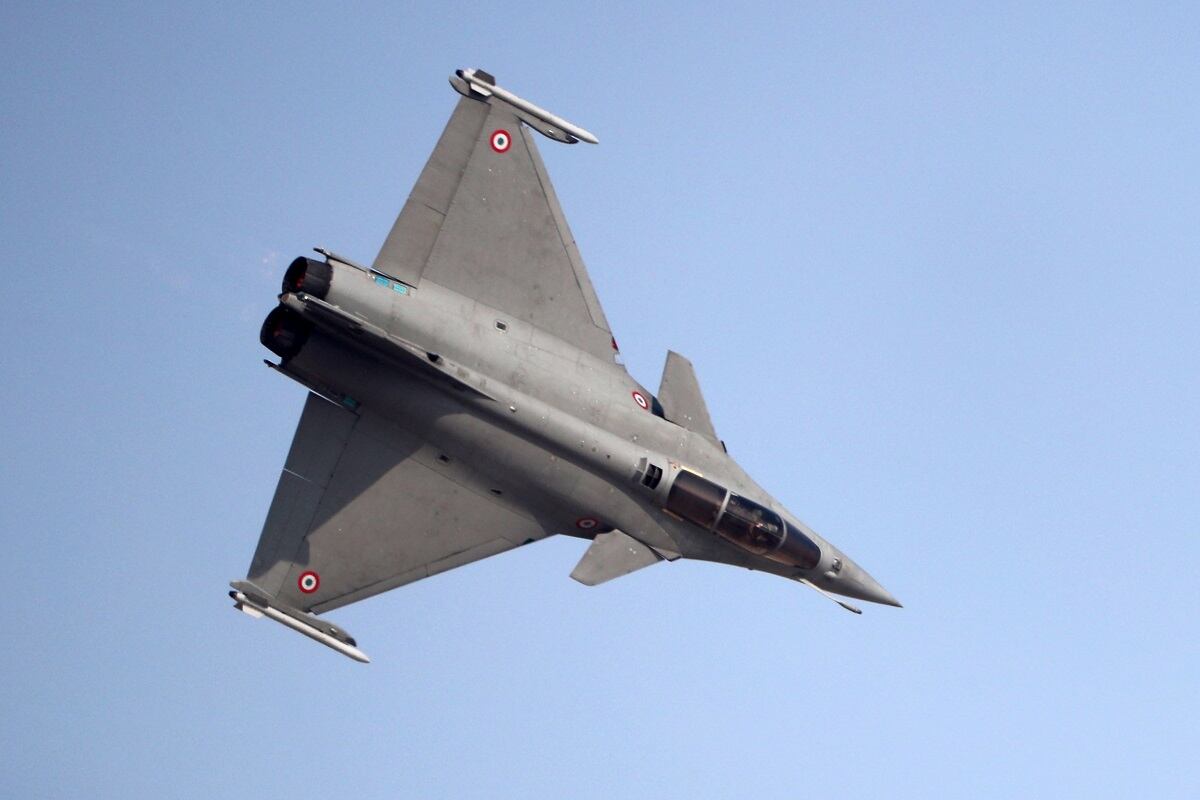BEIRUT — Four years after Egyptian President Abdel-Fattah el-Sissi took charge of managing the country’s affairs, dozens of military-owned companies have flourished and the Army has undergone a rapid military buildup, a reflection of Egypt’s efforts to return to prestige.
To strengthen this progress, el-Sissi stressed in July the importance of continuing the development of companies and factories affiliated with the Ministry of Military Production, as well as enhancing the national industry, exporting surplus production and developing military products to cover the needs of the Armed Forces. He also underlined the need to boost cooperation between the ministry and major global companies to acquire modern technology and bolster local innovation.
Assuming the president’s plans are a success, Egypt could expand its defense-industrial base beyond domestic requirements, and toward global competition.
Military-technical cooperation between Egypt and other countries — mainly Russia, China and the United States (the two former of which have an interest in dislodging the latter’s influence in the Middle East) — has reached “an unprecedented level during the last two years,” according to Mohamed al-Kenany, a researcher at the Arab Forum for Iranian Policy Analysis.
“This period has witnessed a number of frequent visits and meetings between the minister of military production, Mohamed el Assar, and a number of defense ministers, ambassadors and heads of international defense companies,” he said.
And those strong relationships have translated into global cooperation, explained Ahmed Kamel al-Beheiri, an expert in regional security issues at the Al-Ahram Center for Political and Strategic Studies.
RELATED

“This [is reflected] by the transfer of experience with the Russians in the air defense systems field, Germany in the maritime manufacturing and light weapons domain, and China through unmanned aerial vehicles and its complementary technology,” he said.
In terms of potential domestic production, al-Beheiri noted that Egypt is currently working a strategy to increase capabilities “through a joint cooperation with international companies for the transfer and localization of both hard and soft technologies within the military forces arsenal – especially one that concerns the air defense missile field.”
“In addition, manufacturing light and medium weapons is considered a vital realm to the Egyptians nowadays,” he added.
In terms of exporting some potential weapons, al-Beheiri sees potential in the near future, especially as “Egypt has already begun exporting some types of weapons to both African and Arab countries, such as Iraq.”
It’s not just the big nations with which Egypt is looking to partner. Al-Kenany noted that South Africa’s Paramount Group has been in talks with the Egyptian government for several months, with an eye on expanding “Egypt’s military manufacturing capabilities and strengthen its status as an arms export source for several African countries.”
That could include establishing a modern defense complex to produce various military equipment, including armored vehicles.
But China and Russia loom large, particularly as the politics of the last several years have driven a wedge between Cairo and Washington.
According to one industrial source who spoke to Defense News on condition of anonymity, American industry is losing its grip on weapon sales to Egypt.
“Washington recognizes that Egypt is a strategically important partner and a large [customer in the] U.S arms market. So we can suppose that there is a clear American fear of the Egyptian side falling into the arms of the Russians or Chinese,” the source said. “Moscow has been able to consolidate its position as a major force in Syria and succeeded in attracting Turkey to its side; therefore, Washington will not allow Cairo to withdraw towards Moscow or repeat the Turkish experience by stepping out of the American abyss.”
But al-Kenany is convinced that the U.S.-Egypt industrial relationship is “healthy.”
“As a matter of fact, there are 36 U.S. defense companies participating at EDEX 2018 [the Egypt Defence Expo] next month. If there was any kind of [negative] impact [on their relationship], we would have not witnessed this huge American representation," he concluded.
Chirine Mouchantaf contributed stories on Middle East defense and wrote for SDArabia, an Arabic security and defense magazine.








